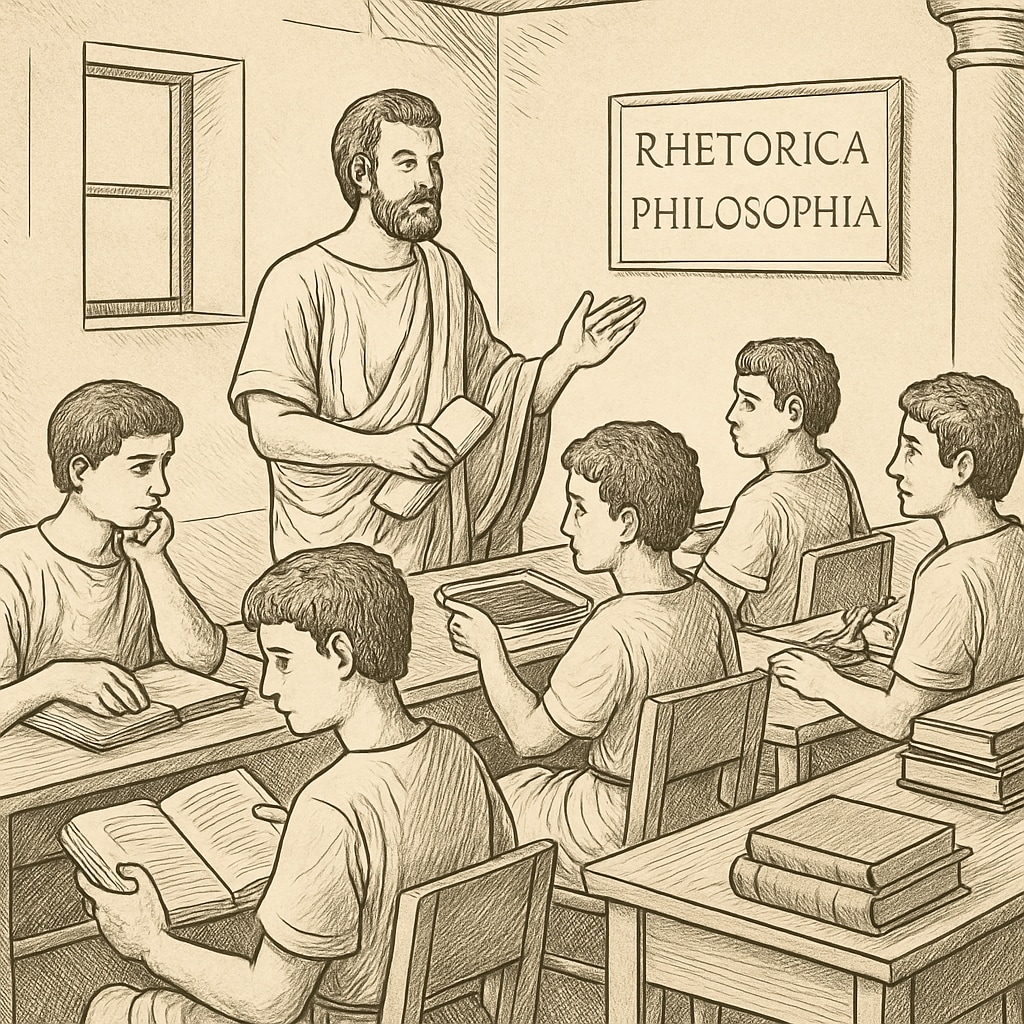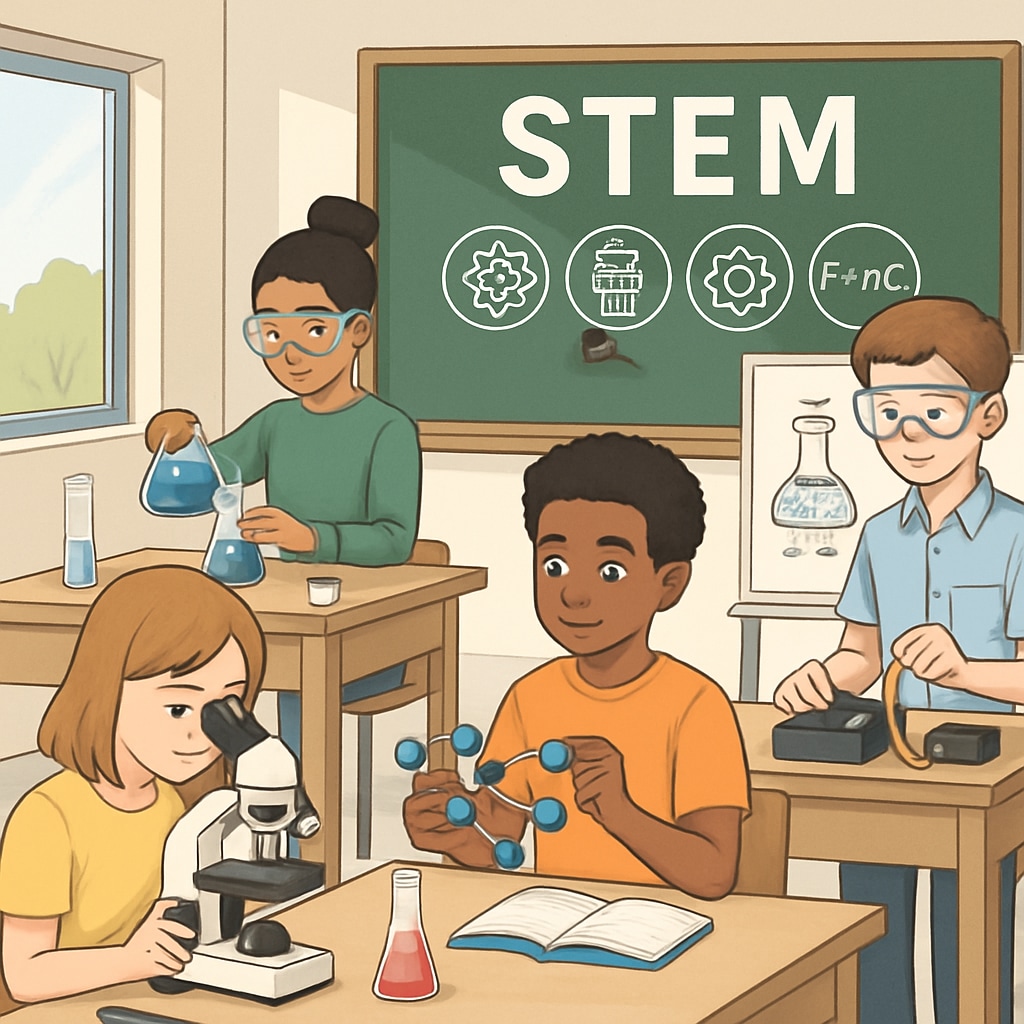The decline of classical education, shaped by historical shifts and societal transformations, has become a significant topic for discussion in the context of modern education. Once the cornerstone of intellectual development, classical education emphasized disciplines like rhetoric, philosophy, and literature, fostering critical thinking and moral reasoning. However, its prominence began to wane due to factors such as industrialization, pragmatic thought, and the rise of specialized vocational training. This article explores the historical trajectory of classical education, its causes, and the implications for contemporary learning systems.
Historical Shifts in Classical Education
Classical education once formed the backbone of intellectual training in early America, particularly among the Founding Fathers (often referred to as “开国元勨” in Chinese). Rooted in the Greco-Roman tradition, this educational model prioritized the cultivation of virtues, logic, and eloquence. However, the Industrial Revolution brought sweeping changes to societal priorities, shifting focus toward technical skills and labor efficiency. As a result, education systems began emphasizing practical knowledge over philosophical inquiry.
Moreover, the rise of pragmatism in the 19th century further accelerated the decline of classical education. Pragmatists like John Dewey argued that education should equip individuals to solve real-world problems, promoting experiential learning over abstract theoretical study. These ideas reshaped curricula, sidelining subjects like Latin and Greek in favor of science and technology.

The Influence of Modernization on Education
Modernization introduced specialized fields of study that catered to industrial and economic needs. Universities and schools increasingly adopted curricula focused on engineering, medicine, and business, relegating classical studies to niche academic programs. While this shift addressed immediate workforce demands, it also led to the erosion of holistic education principles that prioritize critical thinking and ethical reasoning.
For example, the emphasis on standardized testing and measurable outcomes has further marginalized classical education. Standardized frameworks often prioritize quantifiable skills, leaving little room for the qualitative development of wisdom, creativity, and moral judgment. As a result, education systems risk producing individuals who are technically competent but lack the philosophical grounding to address complex societal issues.

Reviving Classical Wisdom in Modern Education
Despite its decline, there is growing recognition of the value classical education can bring to modern learning systems. Its focus on critical thinking, logical argumentation, and ethical reasoning remains relevant in addressing contemporary challenges such as misinformation, ethical dilemmas, and global crises. Educational institutions can integrate classical principles into modern curricula by emphasizing interdisciplinary approaches that blend humanities with STEM subjects.
For example, incorporating philosophy and rhetoric into STEM education can help students develop ethical frameworks and communication skills alongside technical expertise. Similarly, emphasizing literature and historical analysis can foster cultural awareness and empathy, providing a broader perspective on global issues.
- Encouraging interdisciplinary studies that merge classical and modern subjects.
- Promoting critical thinking exercises rooted in philosophical traditions.
- Integrating ethical reasoning into vocational and technical programs.
Ultimately, reviving classical education does not mean returning to outdated methods but rather adapting its timeless principles to enhance contemporary learning experiences.
Conclusion: Lessons from the Past
The decline of classical education offers valuable insights for modern educators and policymakers. While societal shifts like industrialization and pragmatism necessitated changes in educational priorities, the erosion of classical principles has left gaps in critical thinking and ethical reasoning. By weaving classical wisdom into modern education systems, we can cultivate well-rounded individuals capable of navigating complex challenges with intellectual depth and moral clarity.
As we reflect on the historical evolution of education, it is essential to recognize the enduring relevance of classical disciplines. Reviving their principles in innovative ways can bridge the gap between technical proficiency and philosophical understanding, creating a more balanced and effective approach to learning.


